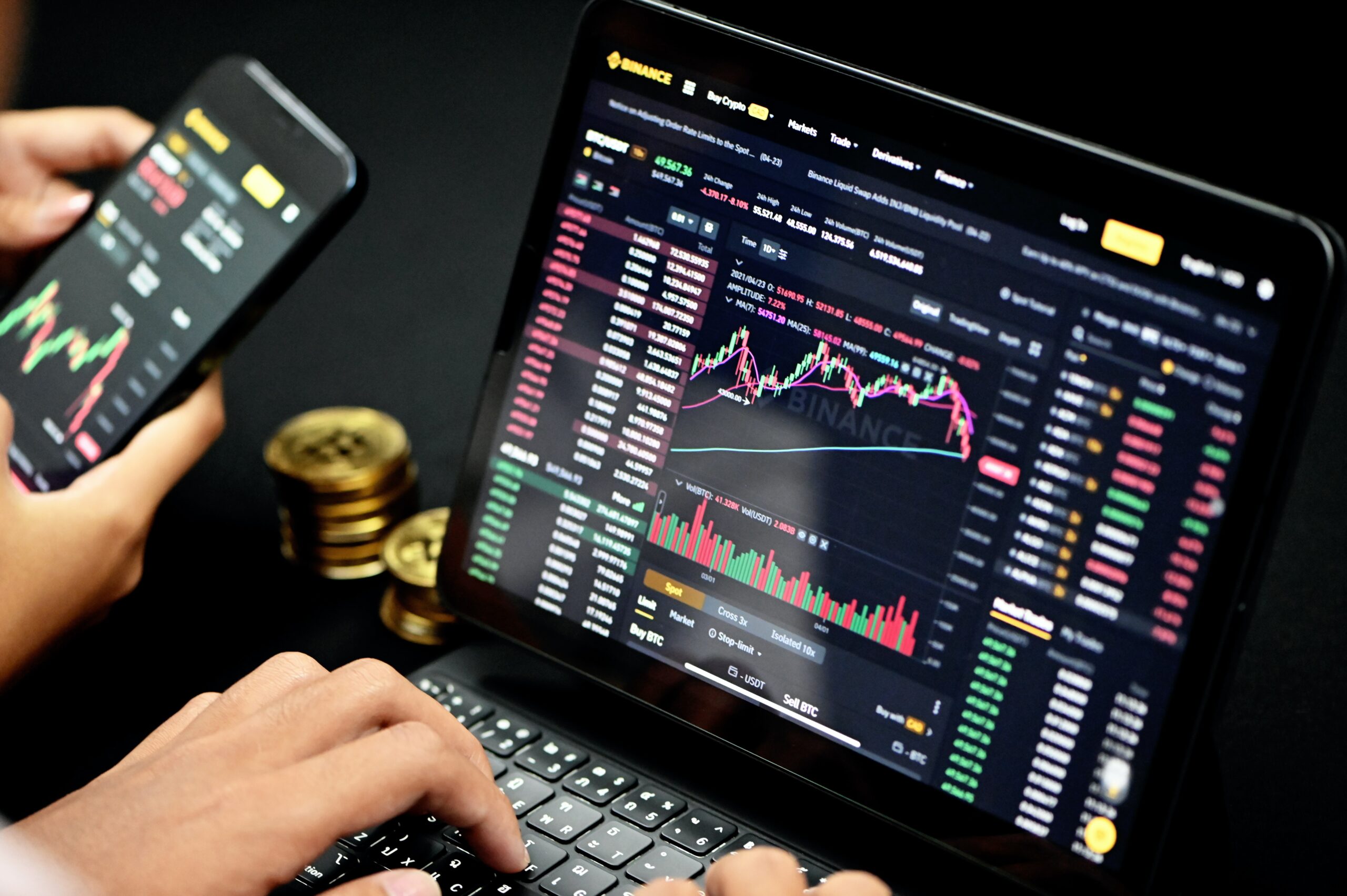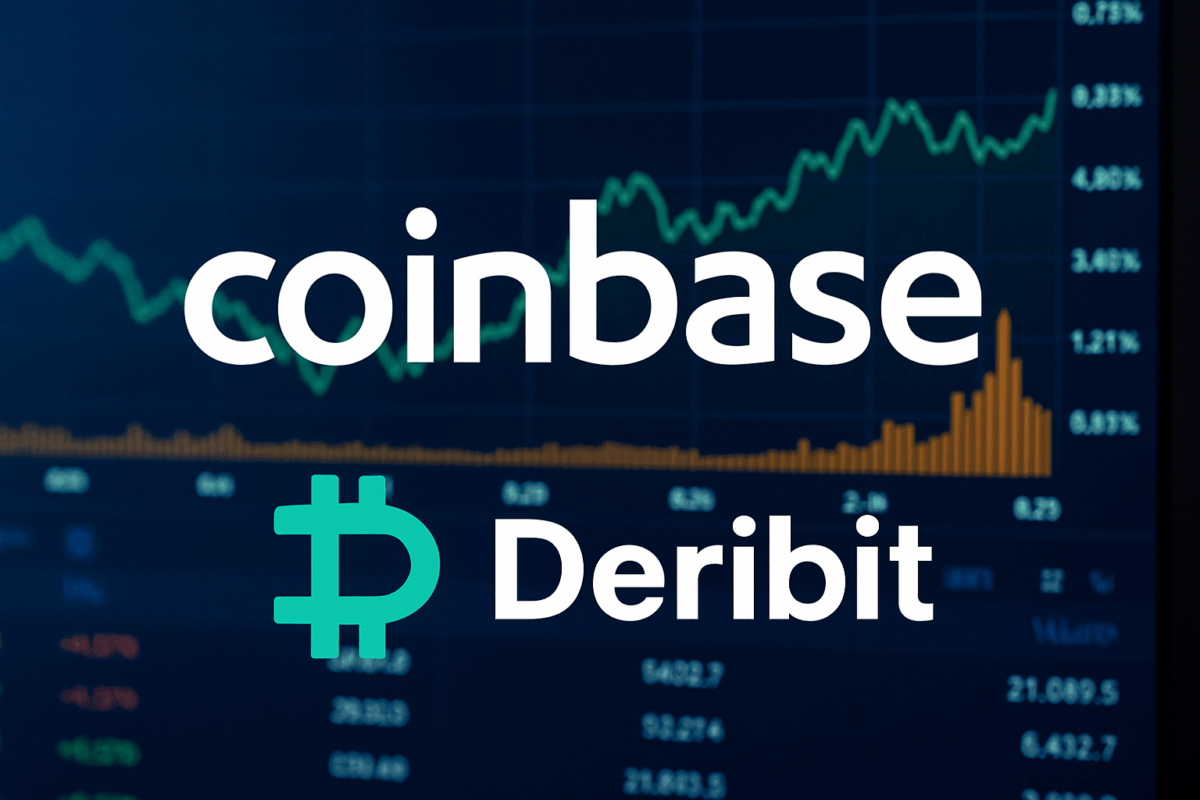The price of Binance Coin (BNB) has risen by 5% in the past 24 hours. Trading at $248 at the time of writing, the native crypto of the Binance exchange is staging a comeback after a flurry of regulatory attacks saw it plummet to $224 on Monday.
It has also recorded a trading volume of $939million in the last 24 hours – a 37.27% increase in the previous day.
The upward trajectory brings a much-needed respite to crypto investors who were recently concerned about a potential $200m liquidation if BNB falls below $220. This liquidation risk was triggered by a BNB bridge exploit on Venus Protocol, which enabled the attacker to mint two million BNB coins. If this situation had materialised, it would result in the largest individual liquidation in DeFi.
Other altcoins are also holding their grounds nicely in a week that signalled a lot of volatility. Cardano (ADA), Solana (SOL) and Polygon (MATIC) are showing good signs of stabilising after the weekend’s bloodbath which resulted in the liquidation of $350m long positions.
Bitcoin briefly rallied over the $26k mark after the release of the United States’ CPI data. The leading digital asset’s dominance reached a two-year high of about 49.2% (its highest since April 2021) as altcoins struggle to stay afloat.
Motion to freeze BinanceUS assets dismissed
The BNB price increase is the perfect culmination of a week that has brought favourable outcomes for the embattled exchange and its investors in its fight against the United States’ SEC. Yesterday, a US judge declined the SEC’s request for a temporary injunction to freeze assets of BinanceUS.
SEC’s representatives tried to prove that a restraining order was needed because BinanceUS customer’s funds were at risk and that Binance had control of enough private key shards to move funds. Binance legal team counter-argued that a restraining order on its assets would similarly hurt users – an outcome both parties claimed to be keen on avoiding.
According to an excerpt from Binance filing: “Without the ability to pay its employees, vendors, suppliers, and professionals in the ordinary course of business and to maintain its technology platform, operations would quickly grind to a halt and BAM would be unable to even fund its defence to this action. With a freeze of all corporate assets, banking partners would most likely cease to honour requests to transfer funds for any purpose, including customer redemptions.”
Judge Amy Berman Jackson, of the D.C. The District Court, was not convinced after the SEC’s attorneys could not answer in affirmative when she asked if BinanceUS had moved any customer funds out of the United States. Rather, they claimed that they were only concerned about the possibility. Judge Jackson subsequently decided that there was no need for a restraining order if both parties could reach a common ground.
“Shutting it down completely would create significant consequences not only for the company but for the digital asset markets in general. (Work it out) – The nitty-gritty of it is better handled by you than by me.”
She instructed the companies to reach an agreement regarding the proposed restrictions and directed the SEC to compare its desired outcomes with the restrictions suggested by the companies instead of issuing a restraining order outright.


